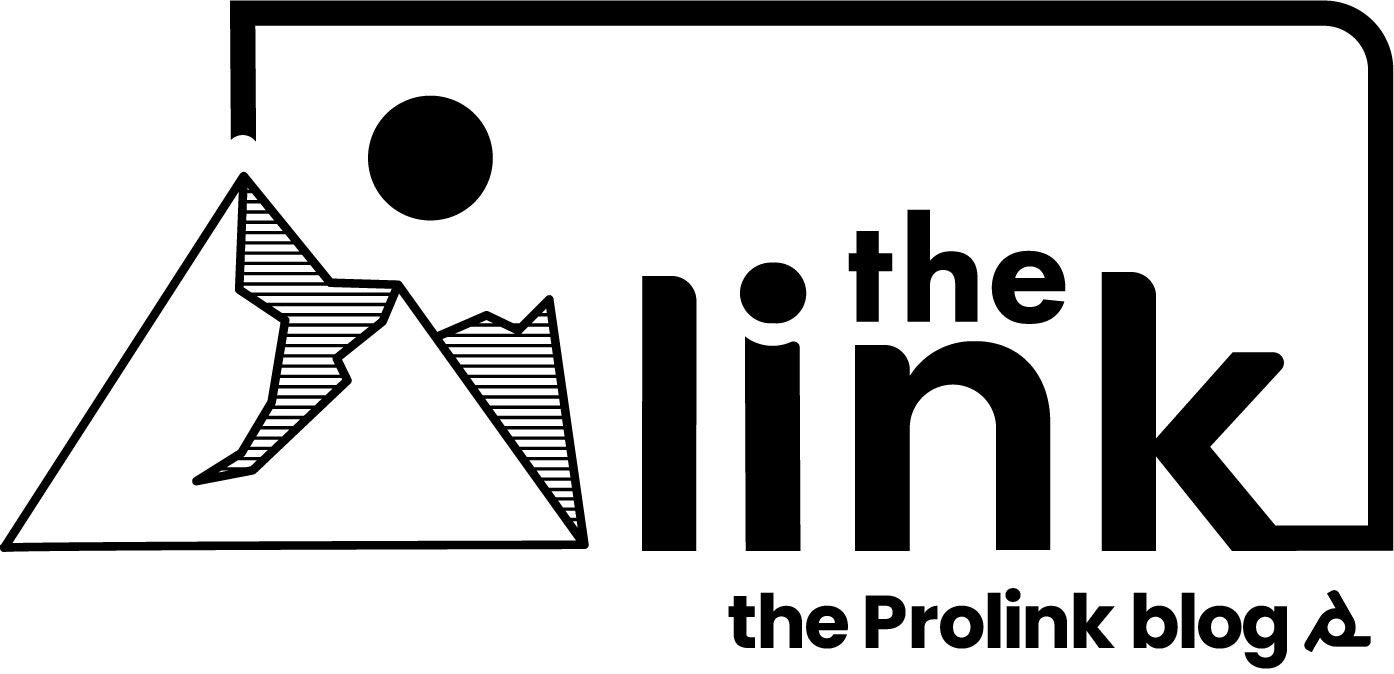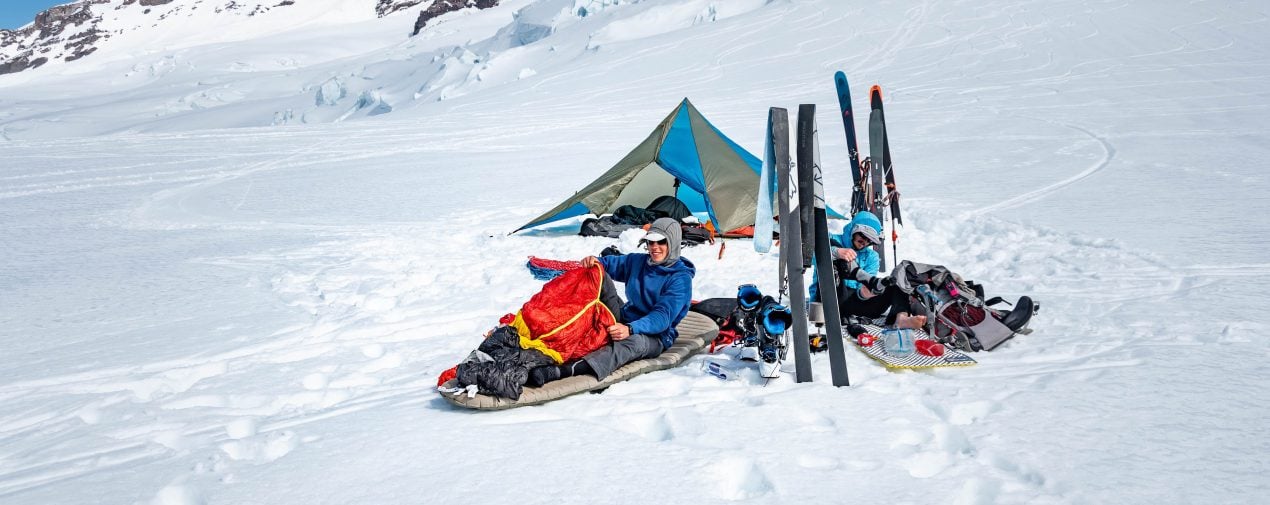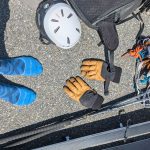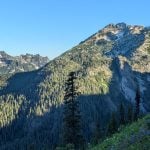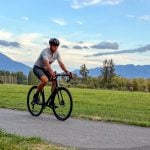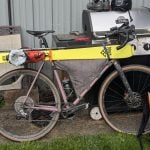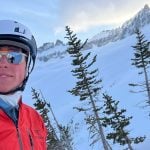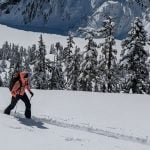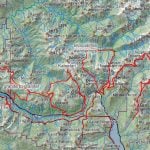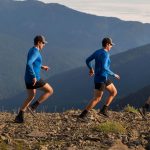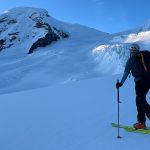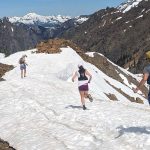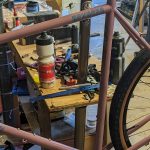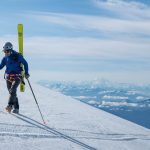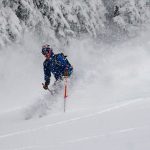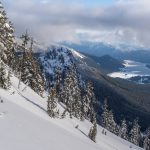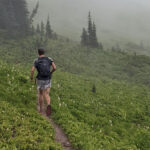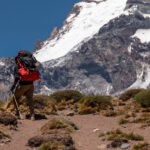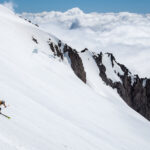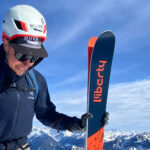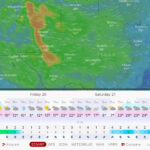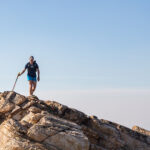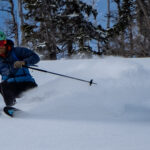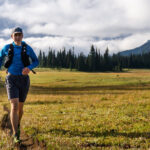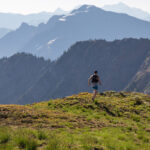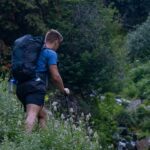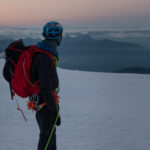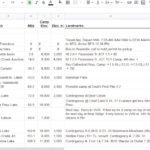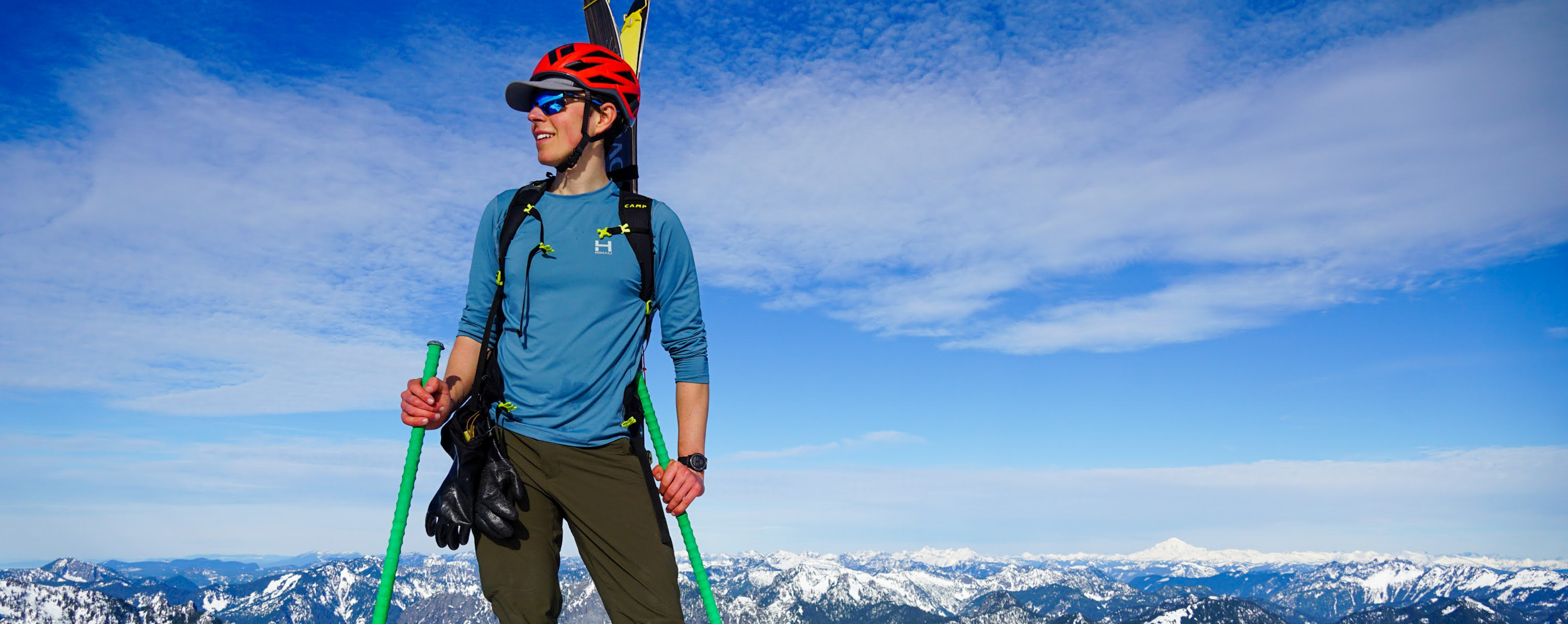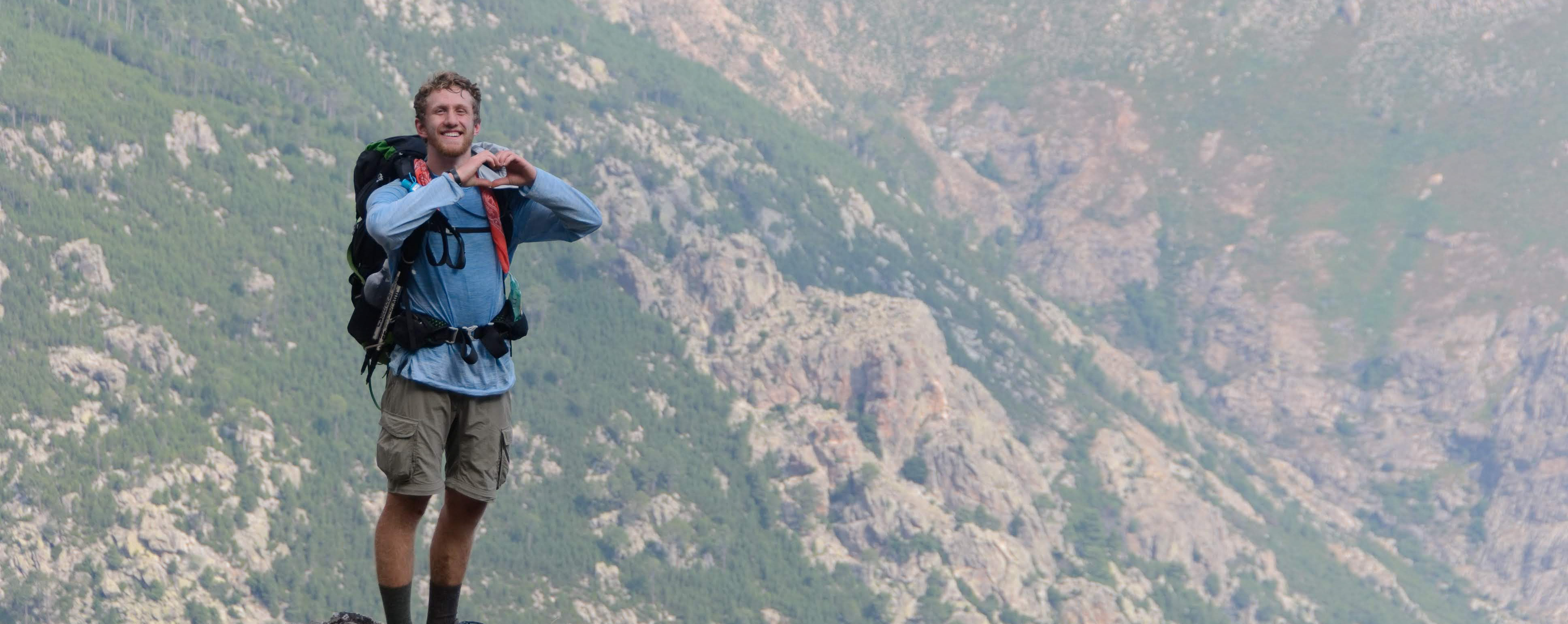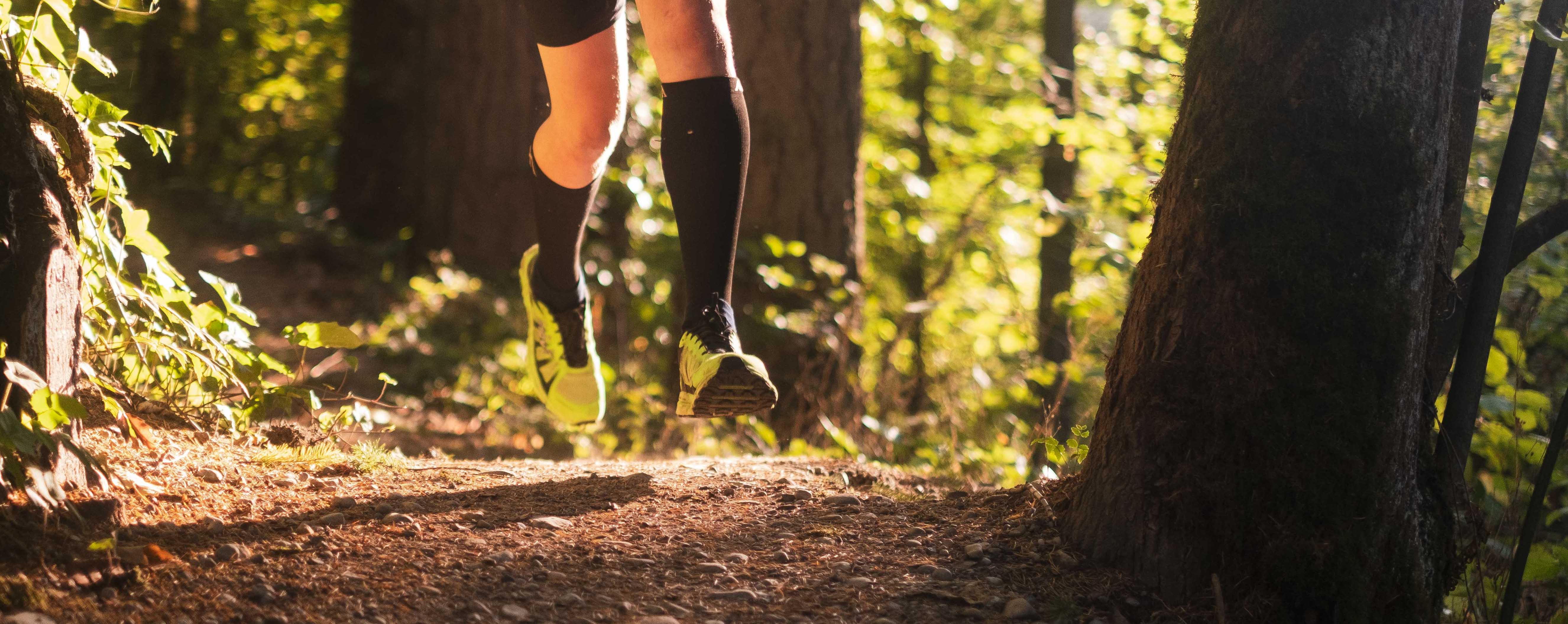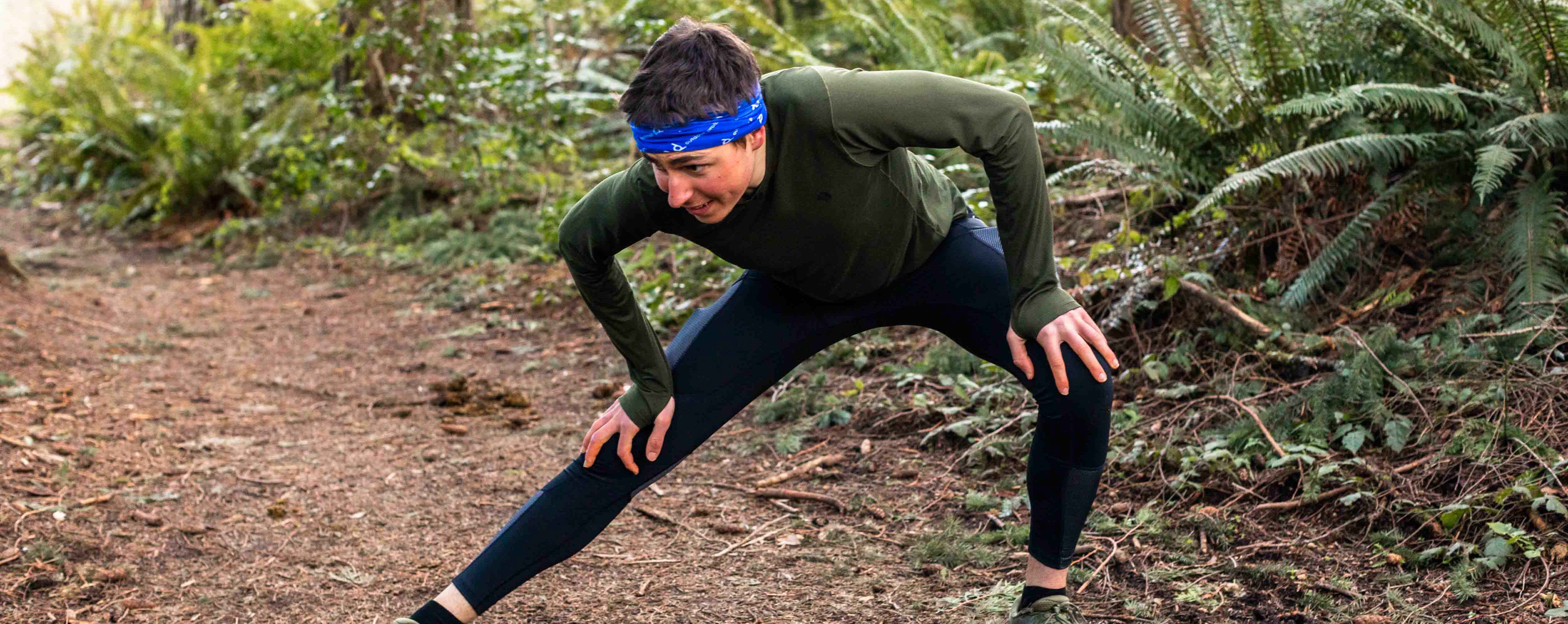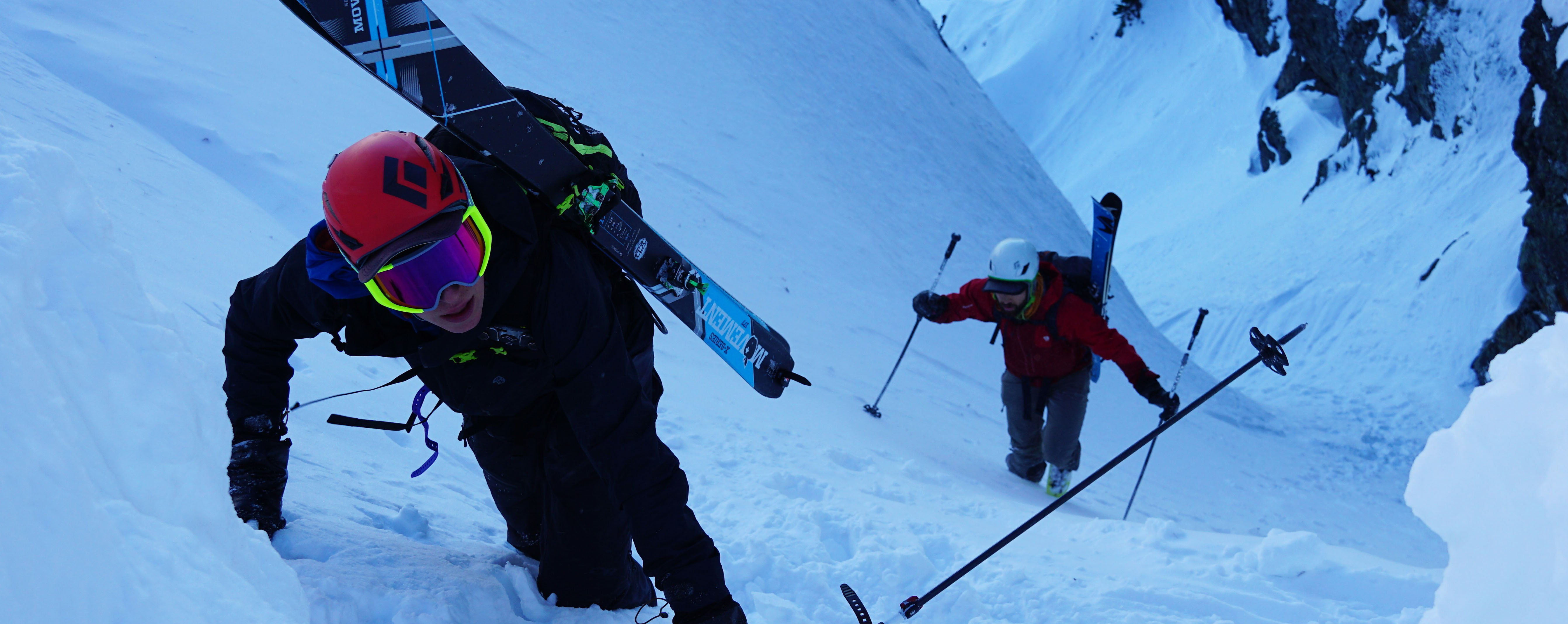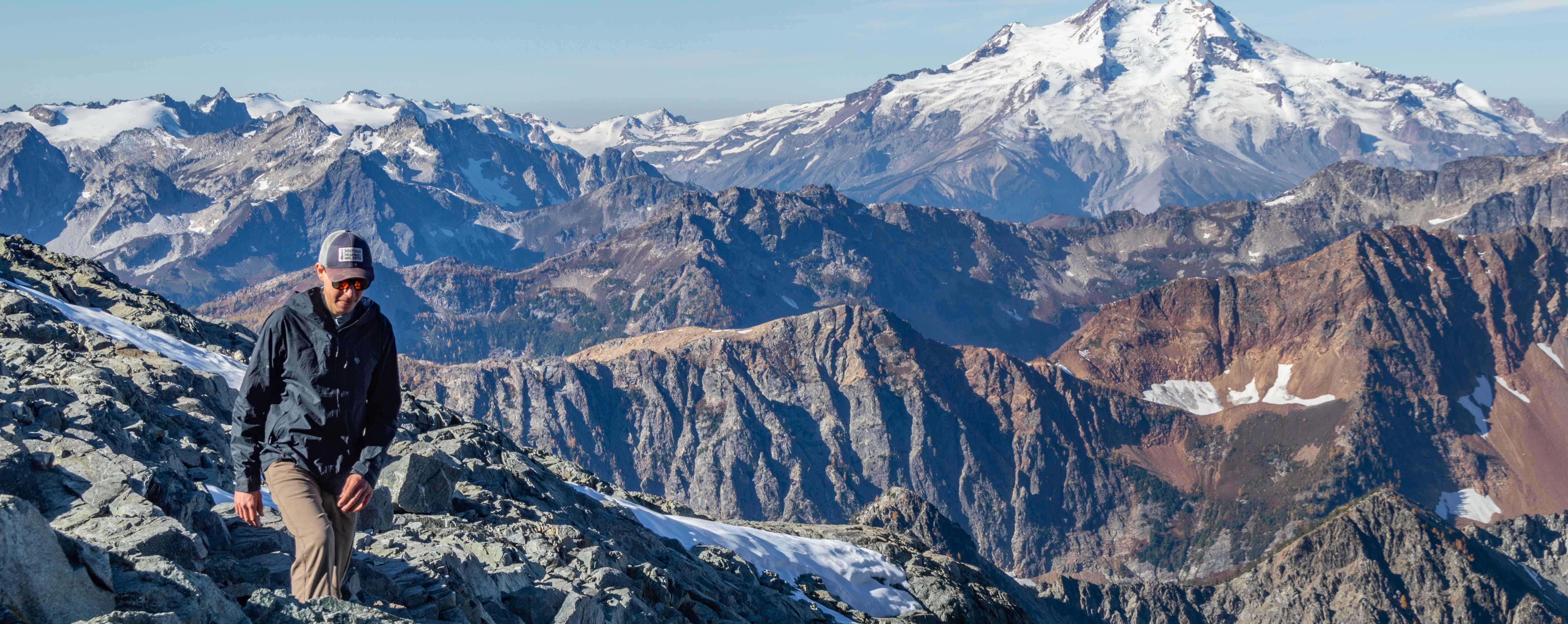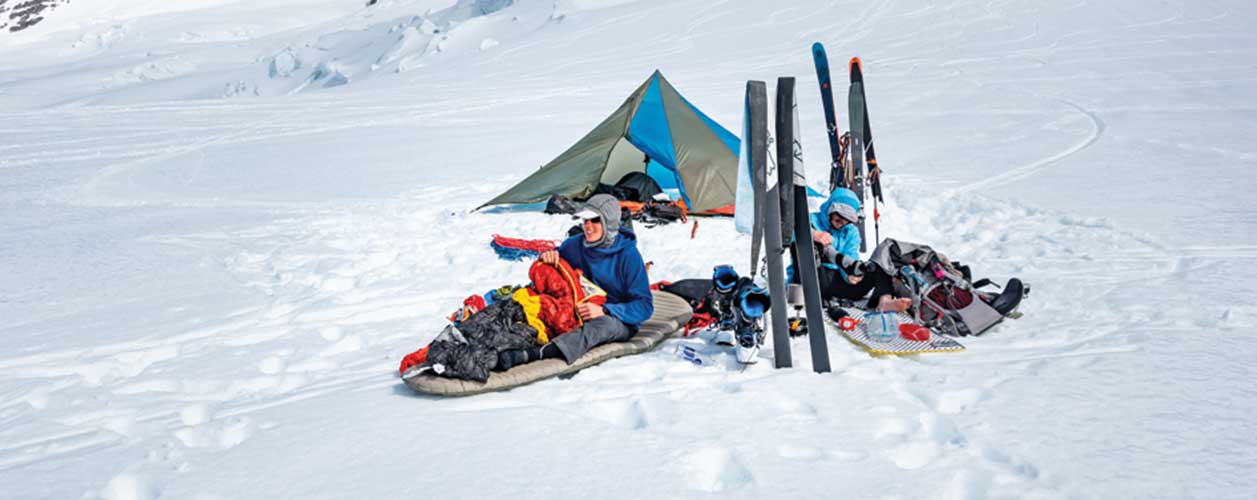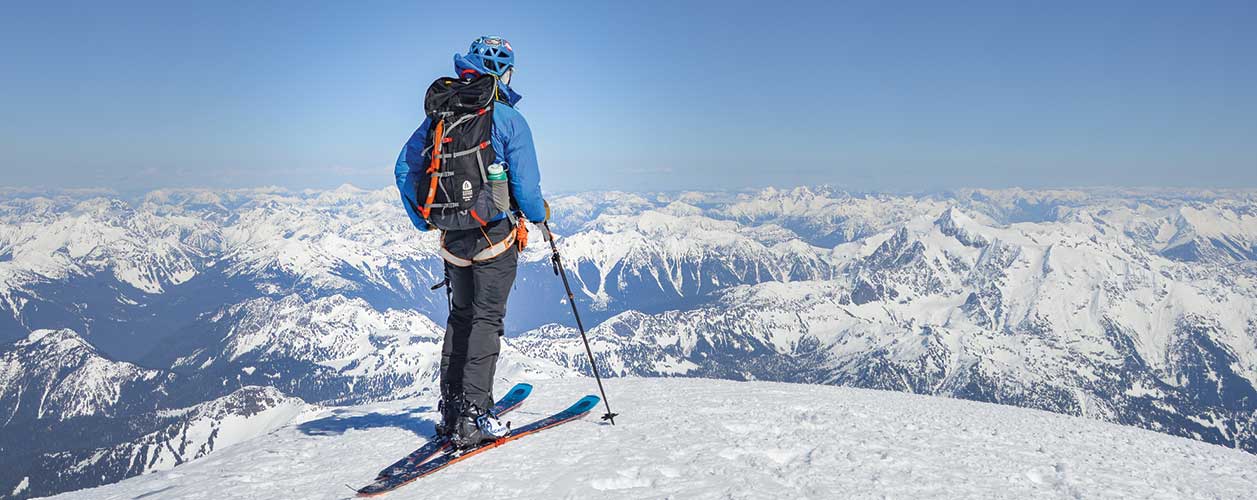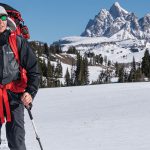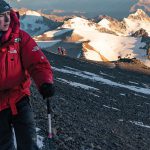Embracing Cowboy Camping (Sleeping Without a Tent)
Sleeping outside is an art form: it’s very personal, an experience that everyone takes to differently. Some love their camp chair, cozy camp socks, and chocolate to nibble on before bed; others prefer to throw a foam pad on the ground and call it good. Over the years my preferences for how I sleep outside have certainly changed. I’ve had a lightweight, thru-hiker phase, I’ve had an expedition-style phase, and now I’m somewhere in between. I like to take luxury items with me like an inflatable pillow and extra pair of socks, but I am also weight conscious and consider where I can leave things at home, reasonably.
One of the things I’ve come to learn over the years is that you don’t always need to bring the tent. When I was in my thru-hiker phase I learned the term ‘cowboy camping’, a colloquialism referring to sleeping outside under the stars, sans tent. It’s a bit of a sliding scale, some refer to cowboy camping as strictly sleeping with a sleeping bag and pad in the open air, others would generalize the term as sleeping without a tent. Regardless, there’s a time and place to leave the tent at home and save some weight. When is that? And how to do it comfortably? Let’s dive in…
Type of Trip
The most important question to ask yourself is what type of trip am I after? If you’re out for a luxurious, laid back overnight where weight isn’t a question at all, there’s probably no need to leave the tent at home. If you’re going to be on the move for many hours, or huffing it over a mountain pass with lots of elevation gain, saving some weight is probably warranted.
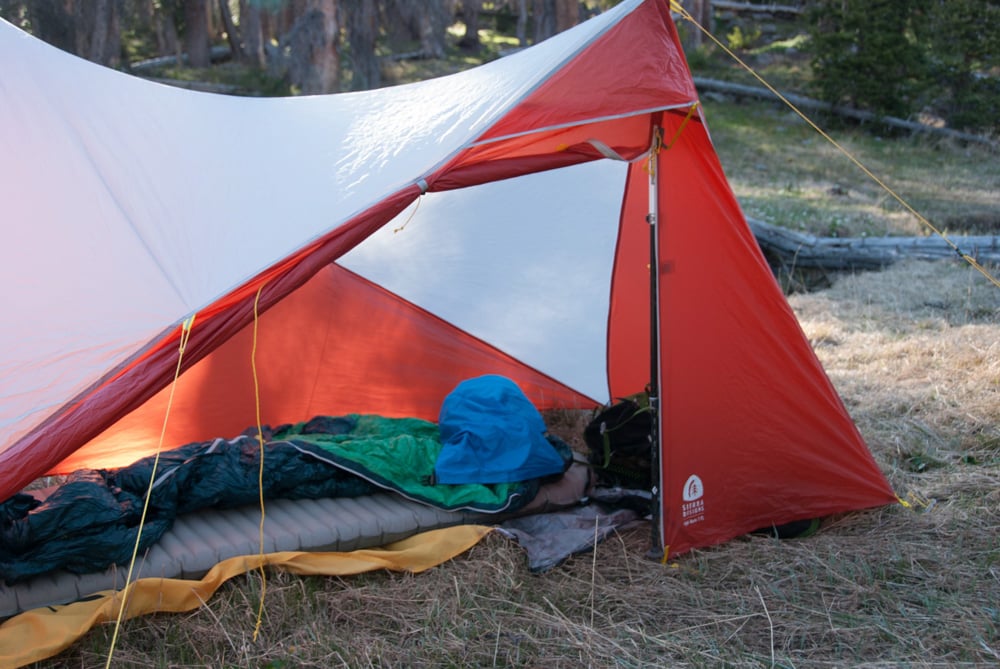
Time of Year
Okay, so you’ve established that you do want to save some weight. Check. It’s now important to consider the time of year.
In the winter months for skiing or winter camping overnight I will often bring at least some type of sky barrier, like a mid or tarp. While this isn’t a ‘tent’ per se, it does help reduce the amount of heat loss to the sky through radiation.
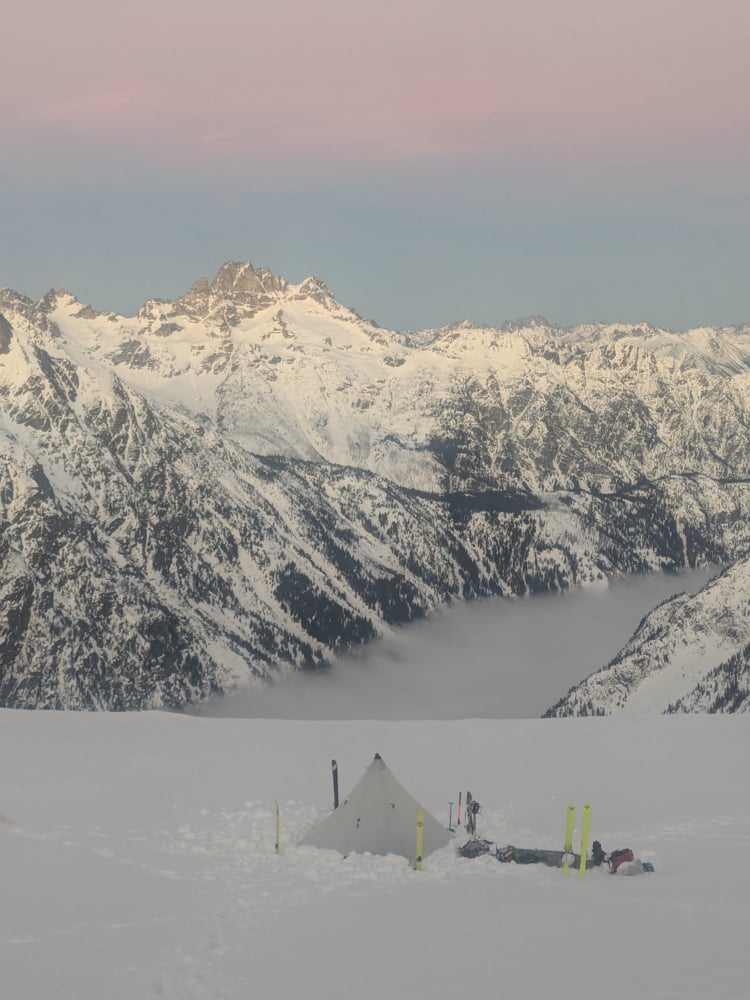
In the spring/summertime/early Fall (say May to September), it really starts to depend on the weather forecast. If it’s going to be cold overnight I likely will want a tent to help with warmth. If there’s a risk of strong dew overnight (see my previous article on dew and why it matters) I will also pack a tent to help prevent condensation build up. But for nights where there’s low humidity and no precipitation in the forecast, leaving the tent at home is pretty reasonable and a great way to see the stars!
Terrain
It’s important to consider what type of terrain you will be traveling over and where you’ll be sleeping. Free-standing tents and tarp setups require good anchor points to tie off to. If you’re planning for a bivy on rock slabs or in craggy, alpine terrain, maybe just leave the tent at home and avoid the hassle! Some of the best nights I’ve had out have been in well established bivy sites with rock walls around.
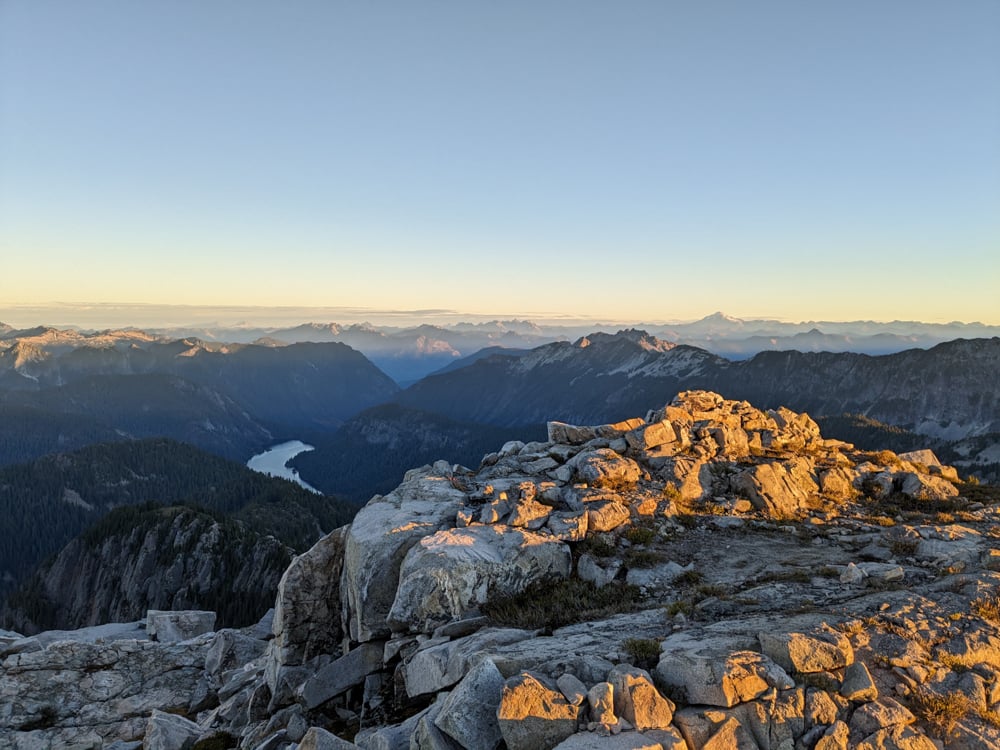
Another ideal place to cowboy camp are soft, grassy meadows away from tree cover. These spots are cozy, beautiful, and often bug-free (we’ll get to that in a second). I remember a night I spent in the Glacier Peak wilderness on a lovely patch of grass. I rolled up late, just as dusk was setting in, inflated my sleeping pad and made dinner. No tent needed!
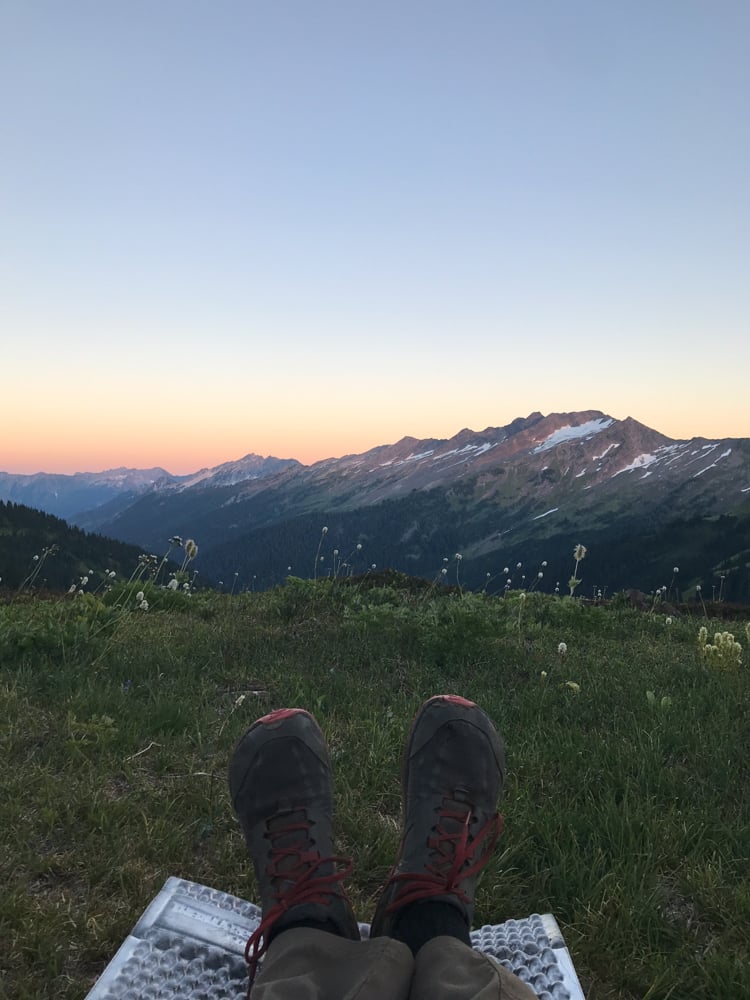
Bugs
This is the most important one to consider. If it’s June or July, you really want to be mindful of mosquitoes and bugs where you are. In the Pacific Northwest we have a hell-ish bug season in the mid-elevations in early summer when the snowpack is receding but there’s still moisture for mosquitoes to be hatching. If there’s any risk of bad bugs (mosquitoes or flies), I’m pretty inclined to bring a tent or at least the inner part of a tent with mesh. I’ve spent too many nights with just a bug net over my head that I don’t really have an appetite for it anymore. It works, yes, but it’s pretty annoying to try falling asleep to the buzzing of mosquitoes around your face.
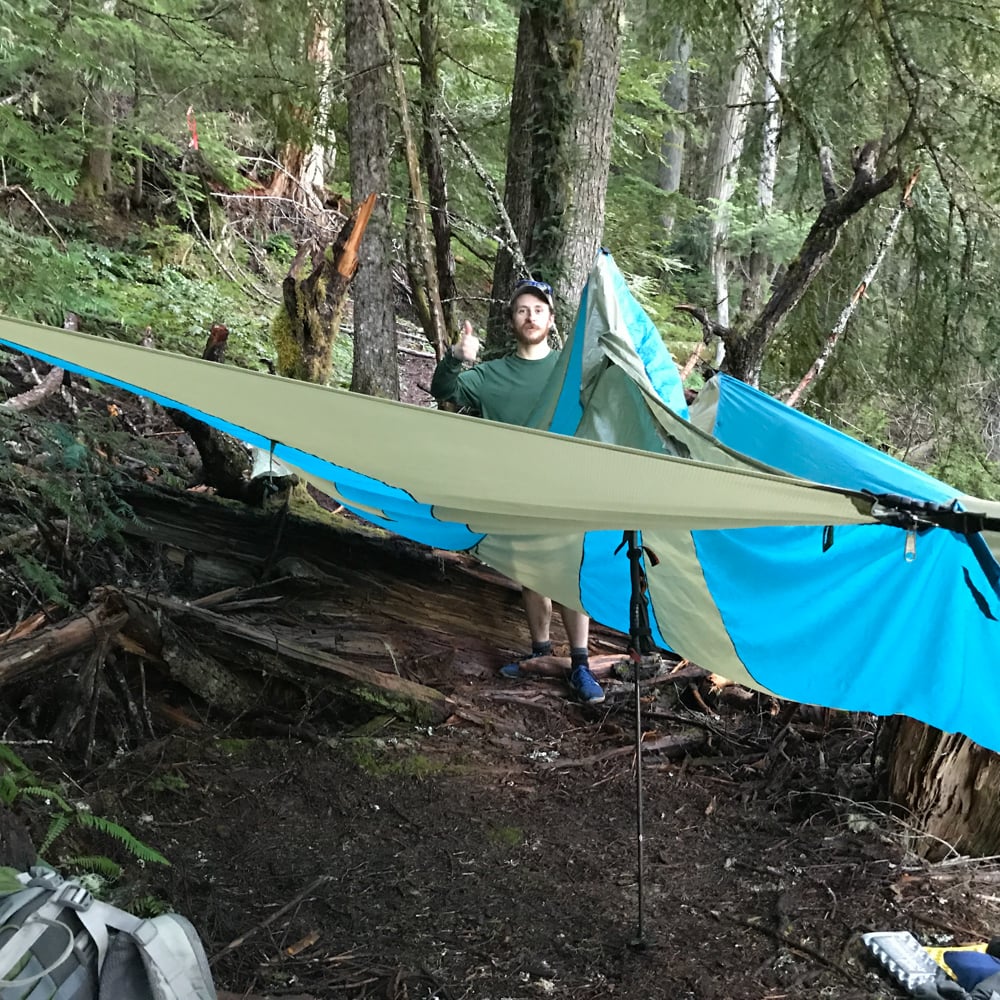
Wind
Finally, wind. If it’s going to be really windy or if you don’t have much cover at the campsite you are staying at, it’s probably wise to bring at least some wind barrier. The flapping of nylon in the wind doesn’t make for great sleep but it does at least provide you some relief from the wind, which can be really stressful.
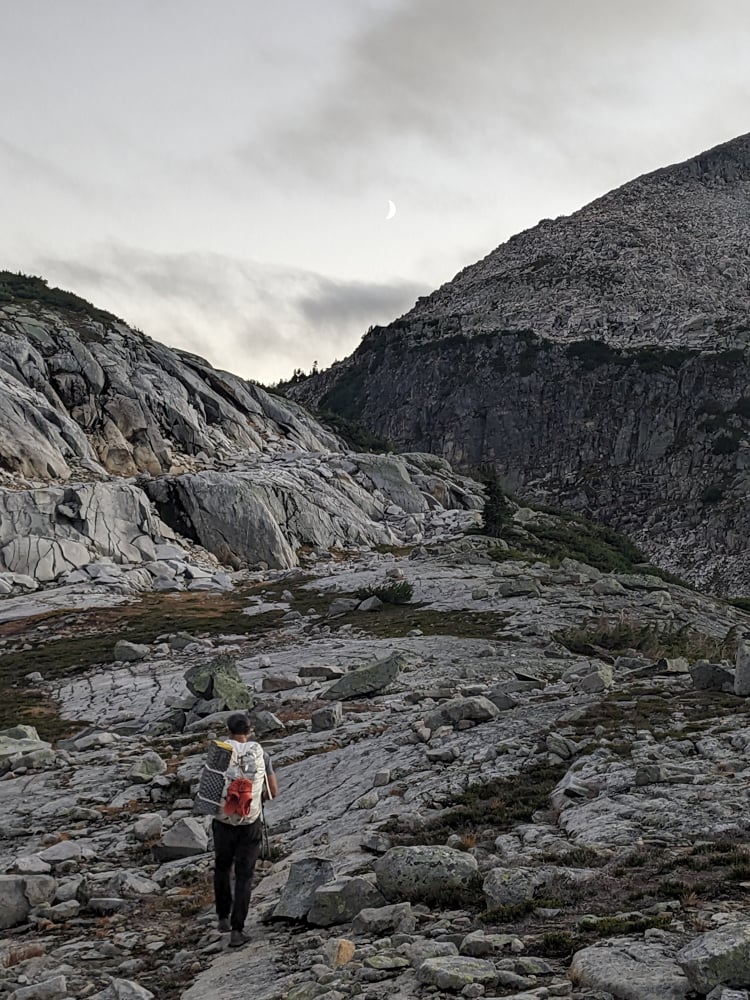
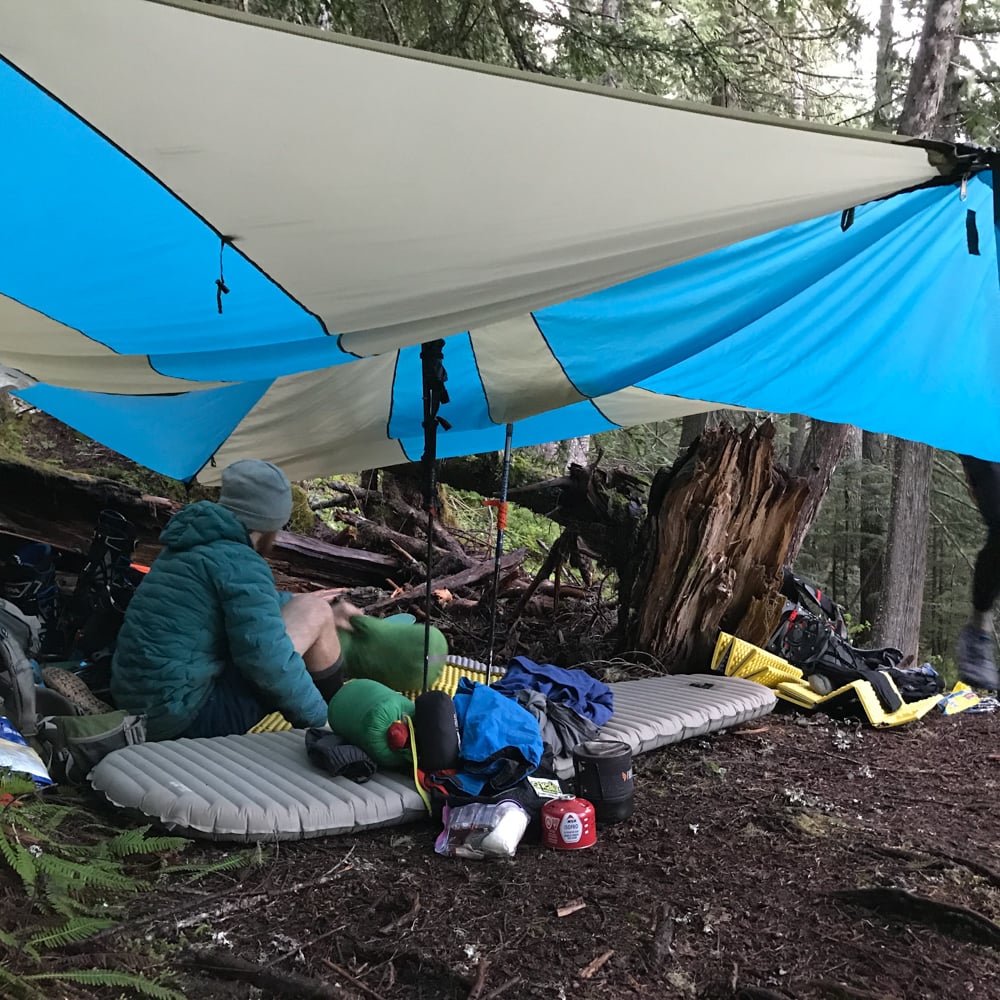
So, with all those considerations…when?
In short:
- Consider your trip style and if you need to save weight or not
- May to September are ideal months when it’s not too cold to warrant a tent.
- Always check the weather before you go for wind, precipitation, and dew point.
- Consider bug season. If there’s a risk of bad mosquitoes in June/July, best to bring a tent.
Leaving the tent at home is a great way to save weight as long as your sleep won’t suffer as a result. Sleep is critically important on long overnight trips for recovery so it’s not something to throw away lightly. Cowboy camping can be an immersive nature experience, under the stars soaking up the surroundings. Think about it the next time you head out into the mountains!
Cover Photo Caption: A ski mountaineering trip on the North Side of Baker. We brought a tarp with us here but considered leaving it at home to save weight.
About the Gear Tester
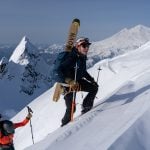
Sam Chaneles
Sam Chaneles is an avid mountaineer and backpacker, climbing peaks in the Cascades, Mexico, Ecuador, and Africa, as well as hiking the John Muir Trail and off-trail routes in Colorado. He has climbed peaks such as Aconcagua, Mt. Rainier, Cotopaxi, Chimborazo, Kilimanjaro, and many more. Sam graduated with a B.S. in Mechanical Engineering from Georgia Tech. During his time there he was a Trip and Expedition Leader for the school’s Outdoor Recreation program (ORGT). He has led expeditions to New Zealand, Alaska, Corsica, France, and throughout the United States. Sam is based in Issaquah, WA just outside of the Cascade Mountains. You can follow Sam and his adventures on Instagram at @samchaneles, or on his website at www.engineeredforadventure.com.
